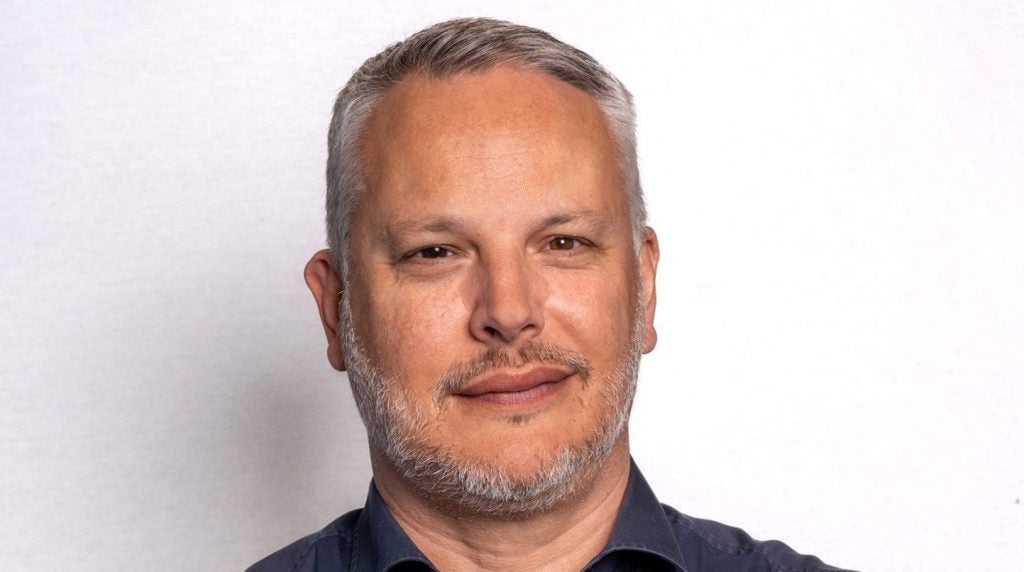
Interserve, the UK public outsourcing business, will cut its debt from over £600m to £275m by issuing new shares, it announced in a statement today.
Interserve, which works in the probation, cleaning, healthcare and construction sectors, will issue £480m worth of new shares which will then be traded with its lenders for debt.
Existing shareholders will see their share value reduced drastically as a result.
Interserve’s creditors agreed that the business would keep its most profitable business, RMD Kwikform, which some had feared would be spun out to and the sales proceeds used to pay down debt.
However RMDK will be allocated with £350m of existing debt, of which £169m will be cash-pay and £181m will be converted into a subordinated non-cash pay debt instrument.
Interserve said the debt allocated to RMDK will be non-recourse to the rest of Interserve Group and have maturities extended to 2023.
How well do you really know your competitors?
Access the most comprehensive Company Profiles on the market, powered by GlobalData. Save hours of research. Gain competitive edge.

Thank you!
Your download email will arrive shortly
Not ready to buy yet? Download a free sample
We are confident about the unique quality of our Company Profiles. However, we want you to make the most beneficial decision for your business, so we offer a free sample that you can download by submitting the below form
By GlobalDataThe deal said that existing lenders will provide an additional £75m of new liquidity through the provision of a new debt facility with a maturity of 2022 and that bonding providers would continue to provide bonding facilities to Interserve as required by its business plan.
Debbie White, chief executive of Interserve, said: “Agreeing the key commercial terms of the deleveraging plan with our lenders, bonding providers and Pension Trustee is a significant step forward in our plans to strengthen the balance sheet.
“The Board believes that this agreement will secure a strong future for Interserve. This proposal has been achieved following a long period of intensive negotiation and has the support of our financial stakeholders and government. Its successful implementation is critical to the Interserve Group’s future and all of its stakeholders. The deleveraging plan will, alongside our ‘Fit for Growth’ transformation programme, place us in a strong position to deliver our strategy, be competitive in the marketplace and provide a secure future for the Interserve Group’s employees, customers and suppliers.”
Interserve said that the final plan would be put up for approval by shareholders in the coming weeks, but it was preparing alternative plans to force the transaction should shareholders revolt.
Public outsourcing company Interserve sought a rescue deal from the UK government at the end of 2018 to help it with roughly £500m worth of debt, following the collapse of its share price from over 100 pence per share to around 19 pence per share across the year.
Board change
In addition, Coltrane Master Fund, which owns over 5% of Interserve’s shares, demanded the removal of eight executives at the top of the business, and asked for the appointment of two of its candidates.
It asked that Glyn Barker, Mark Whiteling, Russell King, Anne Fahy, Nick Salmon, Gareth Edwards, Dougie Sutherland and Nicholas Pollard be removed as directors, but proposed that David C.L. Frauman and Stuart Ross be appointed as directors.
However, it reiterated its support for chief executive Debbie White.
Analysis
This is the second debt refinancing in a year for Interserve, one of the UK’s biggest outsourcing companies, and one that the UK government is heavily reliant upon.
Following the Carillion collapse, the UK government signed up the five next biggest outsourcing businesses to a ‘living wills’ agreement, so that UK critical services can be carried on in the case of an administration.
The Carillion collapse will shadow Interserve until it clears the debt from its balance sheet.
There are some worryingly similar characteristics – an overreliance on one contract supplier (the UK government provides up to 70% of its contracts) and a collapse in the businesses’ value: from c£500m to £17m this year.
This refinancing is crucial to the survival of the company. It is not just the UK government that would be left exposed by a potential collapse of the business.
Lenders to Interserve would see a huge write-down on their books to their original loans, and are still exposed to bad debt should the company fold.
The trickle-down effect could see challenges to lender’s balance sheet from other directions in the event of a failure of such a big company.
In January 2019, Hawk Plant, a short term hire rental business collapsed with many equipment finance leases owing. In its earlier 2017 results, which were posted at the end of 2018, it said Carillion’s collapse had pressured its contract pipeline leading to cashflow issues causing problems for its lenders.







